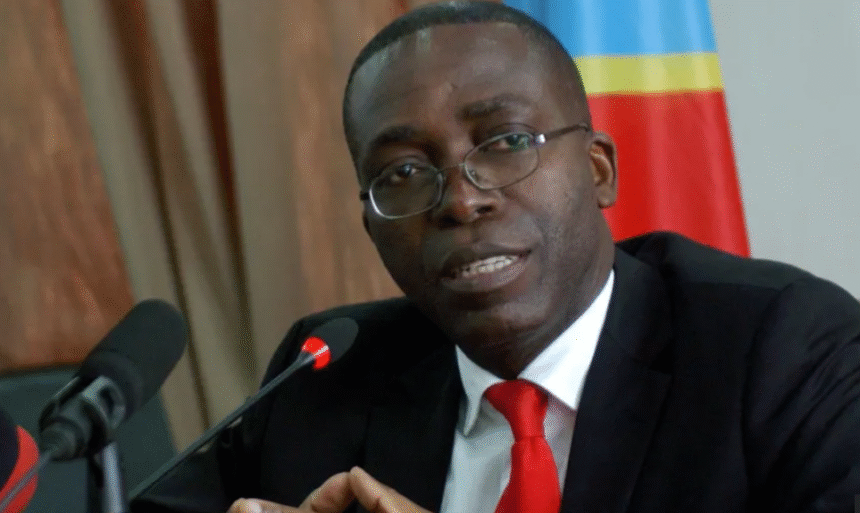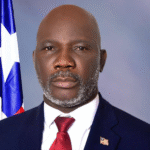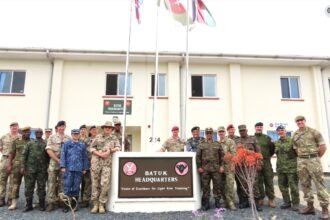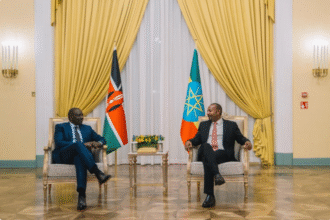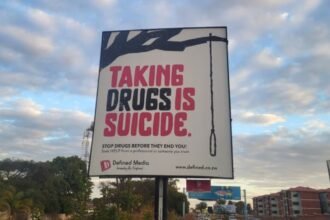By Patrice Katuma
Kinshasa, Democratic Republic of Congo – Former Prime Minister of the Democratic Republic of Congo, Augustin Matata Ponyo, has been sentenced to ten years of forced labor after being found guilty of embezzling approximately $245 million in public funds. The landmark ruling was delivered by the Congolese Constitutional Court on Tuesday.
The case, which has been ongoing for almost four years, also saw Deogratias Mutombo, the former governor of the DR Congo’s central bank, sentenced to five years of forced labor. Both men have been barred from holding public office for five years following the completion of their terms.
The court found that the embezzled funds were partly siphoned from a major agricultural development project, the Bukanga-Lonzo Agro-Industrial Park, intended to address the country’s chronic food shortages. The park, hailed as one of Africa’s largest ever agricultural investments, was envisioned to create 22,000 jobs and provide relief to the 28 million Congolese citizens facing acute food insecurity. The project ultimately failed to meet its goals due to the reported corruption.
Matata Ponyo served as prime minister from 2012 to 2016 and currently heads the Leadership and Governance for Development party (LGD). Prior to his premiership, he served as finance minister and was commended by the International Monetary Fund for his role in stabilizing the country’s economy at the time.
Matata’s lawyer has denounced the ruling as unfair and politically motivated. Matata, who briefly campaigned against current President Felix Tshisekedi in the 2023 election before withdrawing, has consistently denied the corruption charges.
Deogratias Mutombo has not yet made a public statement regarding the ruling.
Forced labor is legal in the DR Congo when mandated by a court as a criminal penalty, according to the US State Department.
The case stems from a 2020 report by the country’s Inspectorate General of Finance which revealed the theft from the Bukanga-Lonzo Agro-Industrial Park. The park was backed by significant investment from the African Development Bank Group with the specific aim of tackling food insecurity in a nation plagued by conflict for over three decades.


